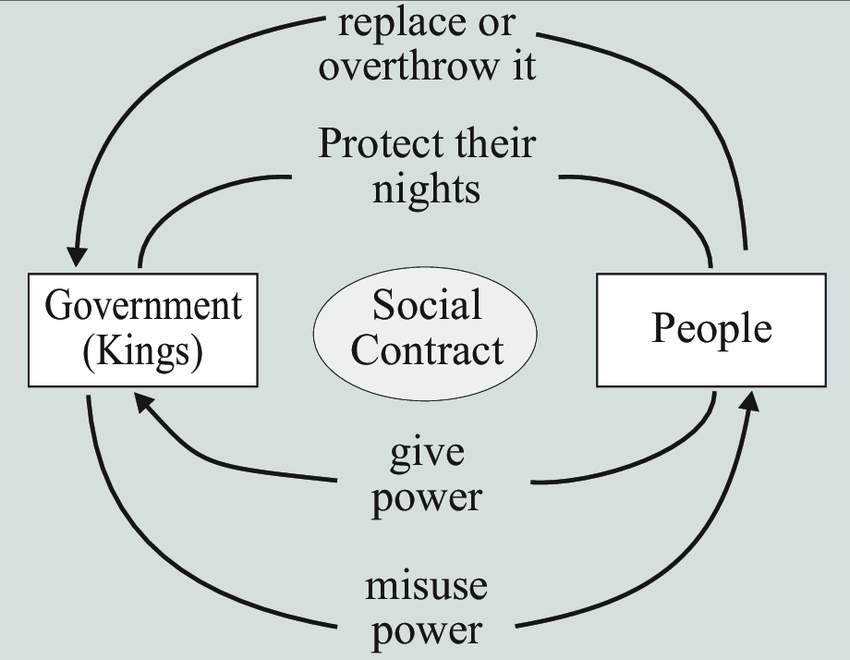Social Contract Theory

Social contract theory has long been a cornerstone of political philosophy, shaping our understanding of governance and societal organization. Rooted in the idea that individuals willingly consent to the authority of a governing body in exchange for security and order, social contract theory has undergone significant evolution since its inception. From the seminal works of philosophers like Thomas Hobbes, John Locke, and Jean-Jacques Rousseau to its contemporary applications in democratic societies, this theory continues to inform discussions on the relationship between citizens and the state.
Table of Contents
ToggleThe Origins of Social Contract Theory
The roots of social contract theory can be traced back to the 17th century, a time of political upheaval and philosophical inquiry. Thomas Hobbes, in his seminal work “Leviathan,” proposed the concept of a social contract as a solution to the problem of human nature in a state of nature. According to Hobbes, individuals willingly relinquish their natural rights to a sovereign authority in exchange for protection and security. This authoritarian form of social contract laid the groundwork for subsequent theories.
Government Fails
John Locke, in contrast, presented a more liberal interpretation of the social contract. In his “Second Treatise of Government,” Locke argued that individuals enter into a social contract to preserve their natural rights, namely life, liberty, and property. Unlike Hobbes, Locke believed that if a government fails to uphold its end of the contract by protecting these rights, citizens have the right to revolt.
Participatory
Jean-Jacques Rousseau further developed social contract theory in his work “The Social Contract.” Rousseau proposed the idea of the “general will,” wherein individuals come together to form a collective body politic guided by the common good. Unlike Hobbes and Locke, Rousseau emphasized the importance of participatory democracy and the sovereignty of the people.
Modern Applications and Challenges
The principles of social contract theory continue to influence contemporary political thought and practice. Democratic societies operate on the premise of a social contract between citizens and their elected representatives. Through elections and civic engagement, individuals consent to be governed and hold their leaders accountable for upholding the common good and protecting individual rights.
Governance Structure
The application of social contract theory faces numerous challenges in the modern world. In an era of globalization and digital interconnectedness, questions arise about the scope and legitimacy of political authority. Issues such as inequality, environmental degradation, and technological advancements raise concerns about the ability of traditional governance structures to address evolving societal needs.
Systemic Injustices
Critics argue that social contract theory fails to account for marginalized groups whose voices may be excluded from the political process. The concept of consent becomes contentious in societies where systemic injustices persist, leading to debates about the legitimacy of existing power structures.
Conclusion
Despite its historical roots, social contract theory remains a relevant framework for understanding the relationship between individuals and the state. From its origins in the works of philosophers like Hobbes, Locke, and Rousseau to its contemporary applications in democratic governance, the theory continues to shape political discourse and policymaking.





